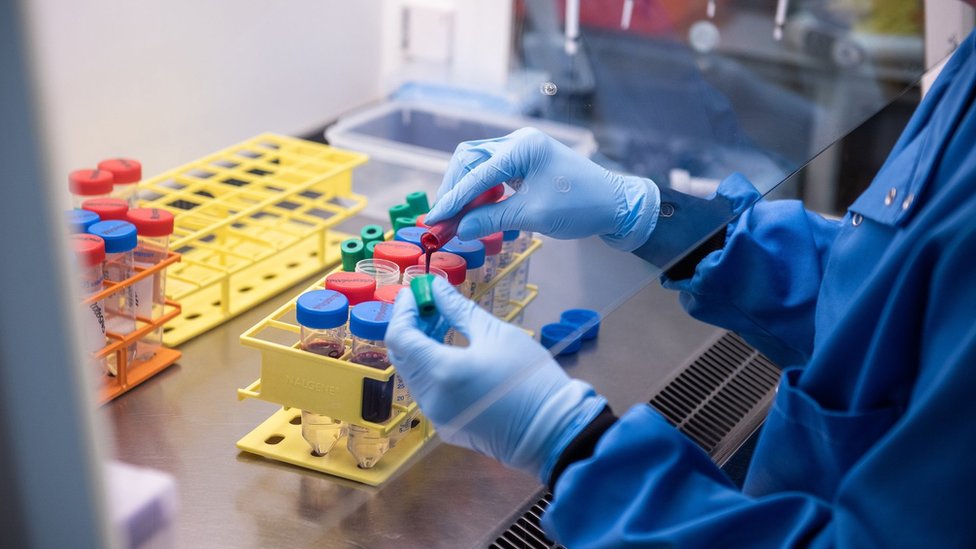Australia says it will secure almost 85 million doses of a coronavirus vaccine if two promising trials prove successful.
Prime Minister Scott Morrison said the country had struck two deals that would allow free doses to be rolled out in 2021 if they were approved for use.
Mr Morrison estimated the cost to be A$1.7bn (£0.9bn; $1.24bn).
Australia’s 25 million people could begin receiving doses from January but there were “no guarantees”, he said.
“However the agreement puts Australia at the top of the queue, if our medical experts give the vaccines the green light,” the prime minister said.
One vaccine is from Oxford University and pharmaceutical company AstraZeneca, while the other is a local one from the University of Queensland and CSL. Both would most likely require people to take two doses.
Australia has recorded more than 26,000 coronavirus cases and 769 deaths, most in the past two months after an outbreak in Victoria.The state announced on Sunday it was extending its strict lockdown for another two weeks, before gradually easing restrictions.Under the plan, people in Melbourne will not be able to visit other households for group gatherings until at least late November.
Vaccines to be produced in Australia
Most of the vaccines would be manufactured in Australia at biotechnology company CSL, the government said.The nation has agreements for 33.8 million doses of the Oxford vaccine and 51 million doses of a UQ vaccine.
Early access to the Oxford vaccine – if it is found to work – could begin in January and February with 3.8 million imported doses secured for that period.

That vaccine is in phase three of clinical trials and is being tested on 30,000 people, making it one of the world’s most advanced. Australia announced last month it had secured access to the vaccine.The UQ/CSL vaccine is in phase one of clinical trials, involving tests on a small control group.The Australian government has said that immunisation won’t be compulsory but strongly encouraged. The nation is aiming for a 95% vaccination rate.Mr Morrison said Australia also remained committed to ensure vaccine access for its neighbours in the Pacific and South East Asia.Additional orders may be donated or sold at their original price to other nations or organisations, officials said.Countries around the world have been scrambling to arrange deals for potential vaccines, prompting concerns that poorer nations may miss out.
In July, the World Health Organization said 165 countries had signed up to a fund which would see wealthier nations help poorer nations with access.About 140 potential vaccines globally are in early development, and dozens are being tested on people in clinical trials.































